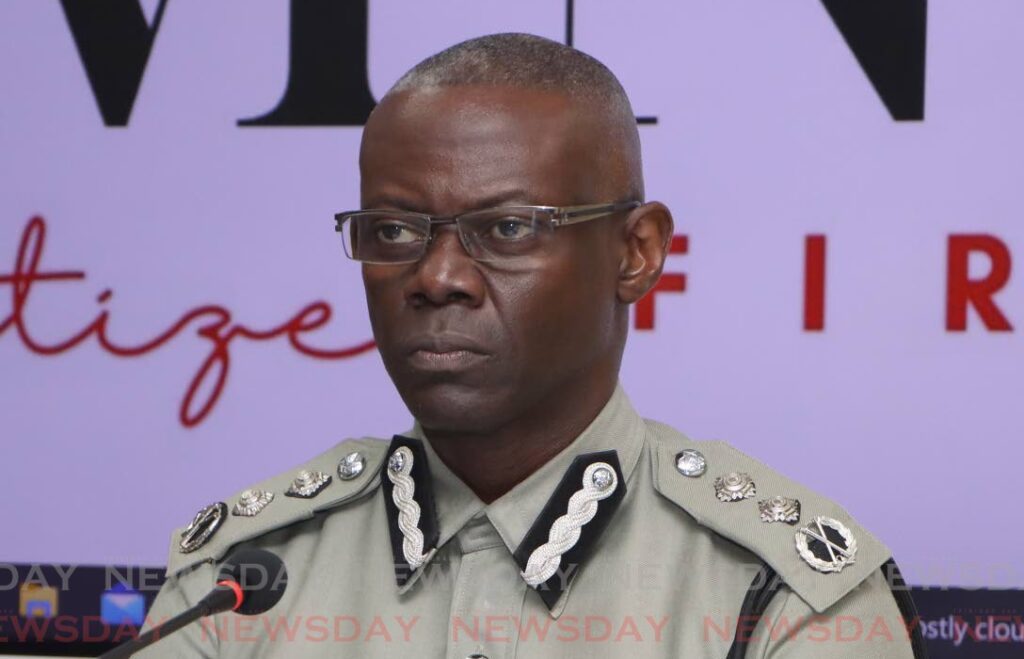Shallow SoE

POLICE officials recently boasted of “success” in the ongoing state of emergency. They spoke of “hopeful news,” said there was reason to be “very optimistic,” and argued the hard work of officers “has paid off.”
But all that is premature. One month into the SoE, gains remain surface deep.
The February 3 briefing at the Police Administration Building, Port of Spain, made it clear top brass officers are trying to gloss over a weak exercise.
“We have carried out 1,953 operations, we have targeted at least 1,731 priority offenders, we have conducted at least 12,387 searches, and we have arrested 1,522 individuals,” said DCP Junior Benjamin. “We have recovered 73 firearms and 1,532 rounds of assorted ammunition; we have seized 164 kg of marijuana and one kg of cocaine.”
That’s fine.
But picking up firearms without addressing how they got here, seizing drugs without interdicting the big fish behind the illicit trade, searching and arresting and targeting individuals, including people already known to you, and conducting operations of dubious strategic value – all of this is more about theatre than it is about effective crime-fighting.
That police officers last week continued to administer the state of emergency without their top cop betrays the fact that the measure is not as penetrative as it should be.
It is true there is a hierarchy, and several officers have been assigned specialist duties. Many are more than capable.
Yet, the absence, however briefly, of one operational mind at the heart of it all speaks to a force engaged in a scattershot approach to crime-fighting, not a co-ordinated and calculated one.
Officers still seem to be in reactive, not proactive, mode.
The real story of the SoE is that 32 murders were recorded in its first month.
While this is a steep decrease, even Mr Benjamin noted it is “still too many.” In fact, in some districts, he said, murders have increased.
And many of these crimes remain particularly gruesome, such as the immolation of a 30-year-old man in Bon Accord, Tobago, on January 8.
In the last SoE called as a crime-fighting measure in 2011, there were just 18 murders in the first month. That SoE featured a curfew.
Shouldn’t the police focus on better capitalising on their powers?
How confident can we be that detention is being used to make real headway in destroying criminal capacity?
Concrete breakthroughs, yielding true cause for hope, would include the gathering of watertight evidence leading to permanent disruption of the networks, conduits and methods used by the gangster and criminal elements of society.
We are yet to see such things.
In fact, the continuation of murders under an emergency is on the verge of being normalised.

Comments
"Shallow SoE"